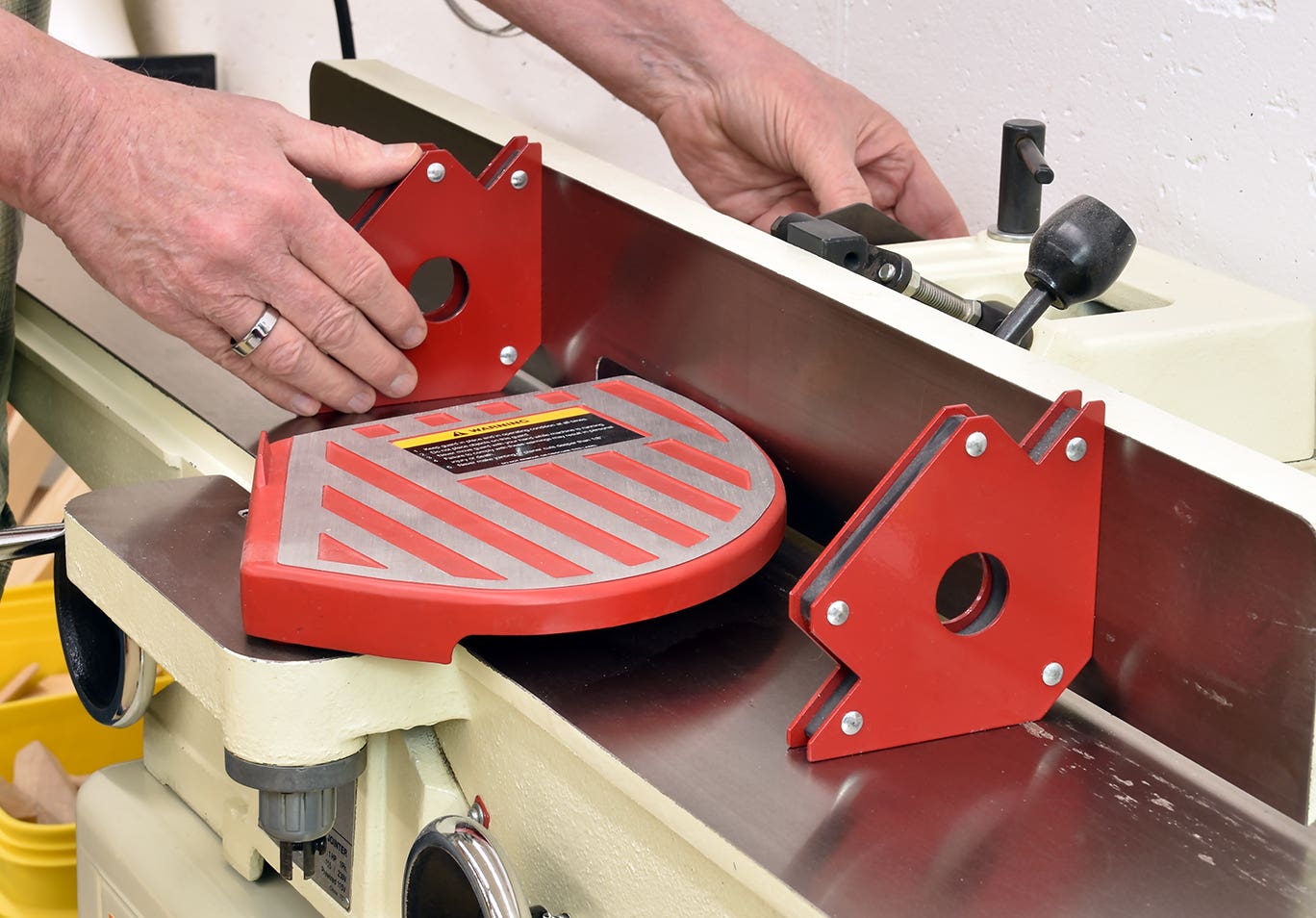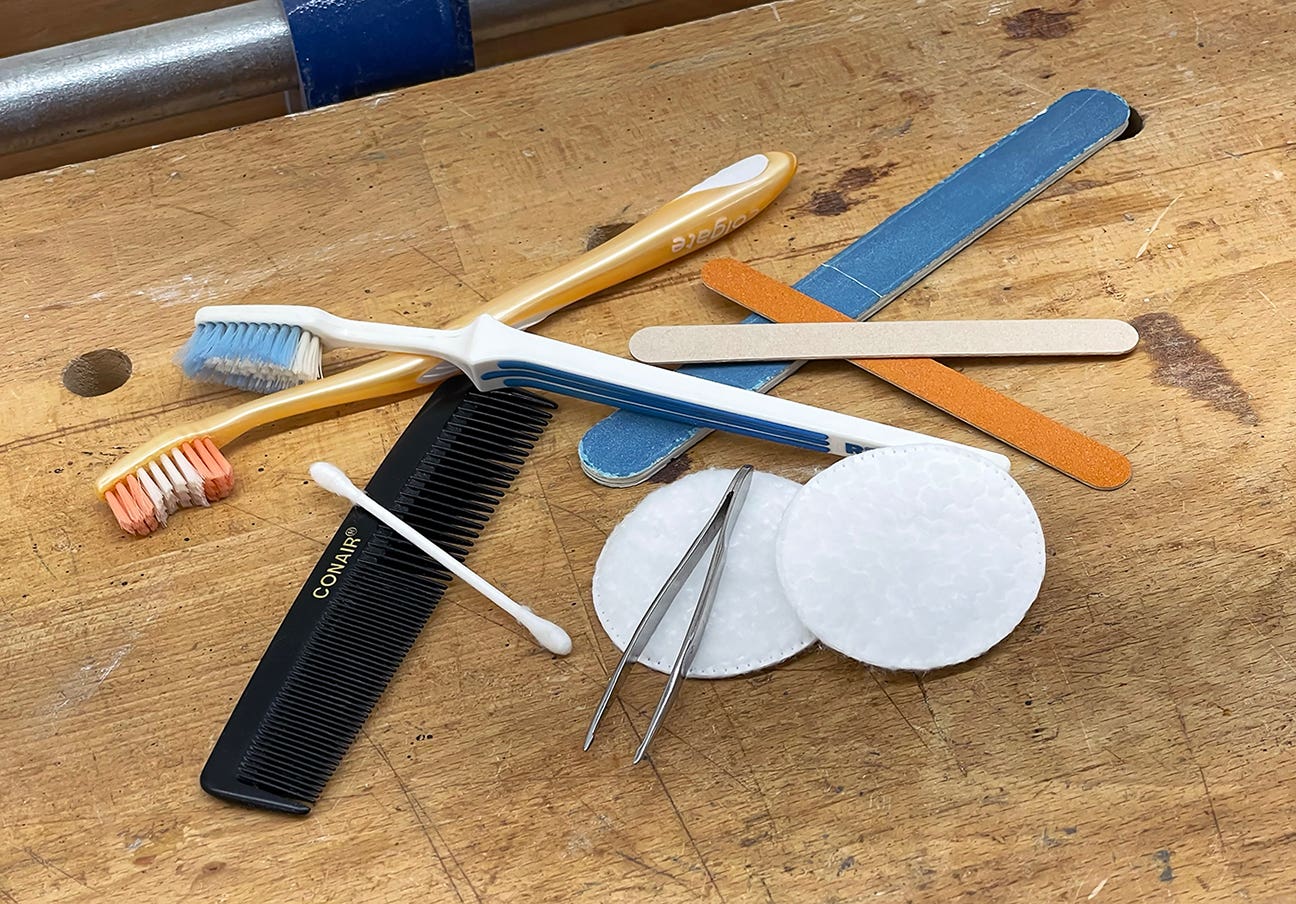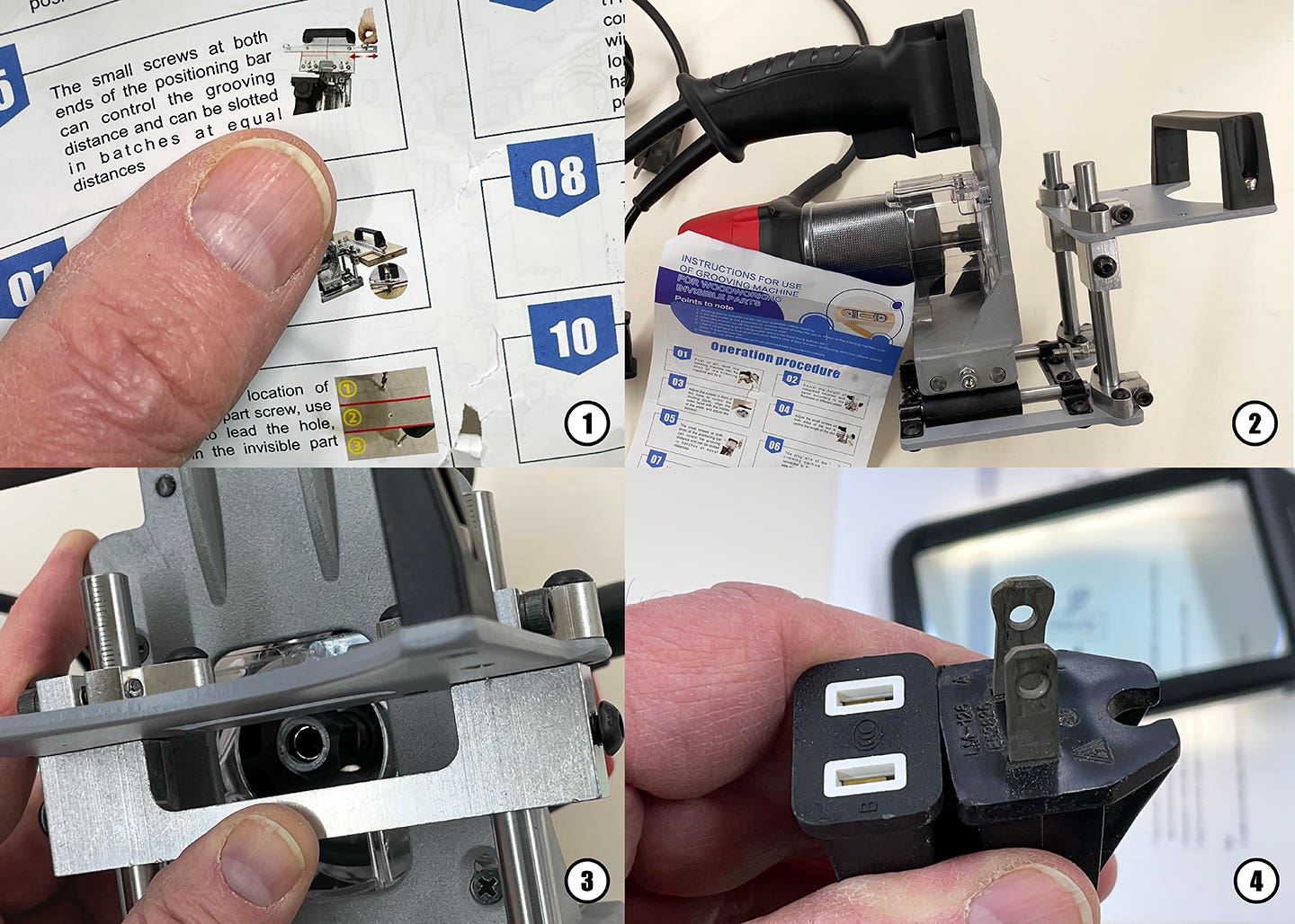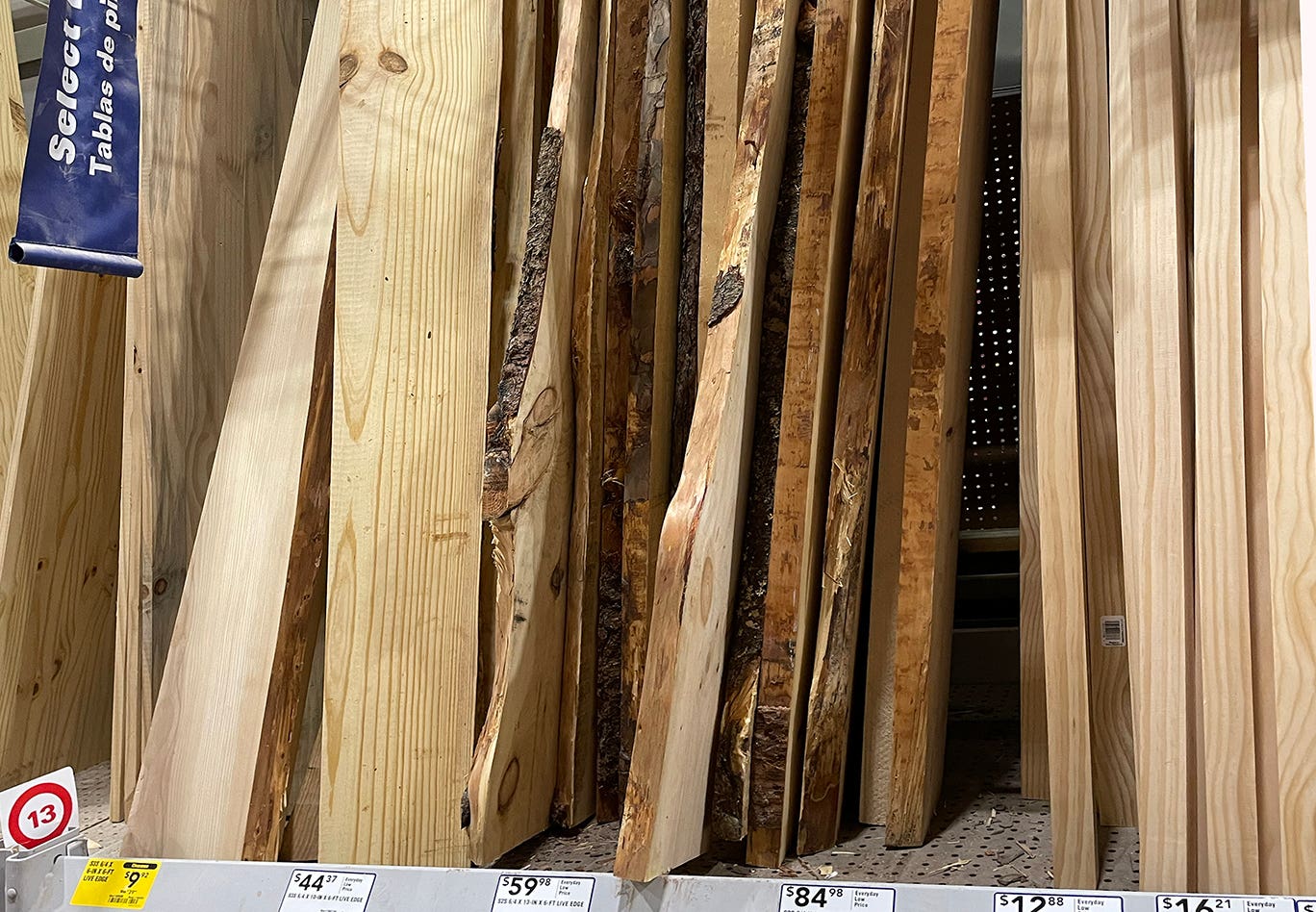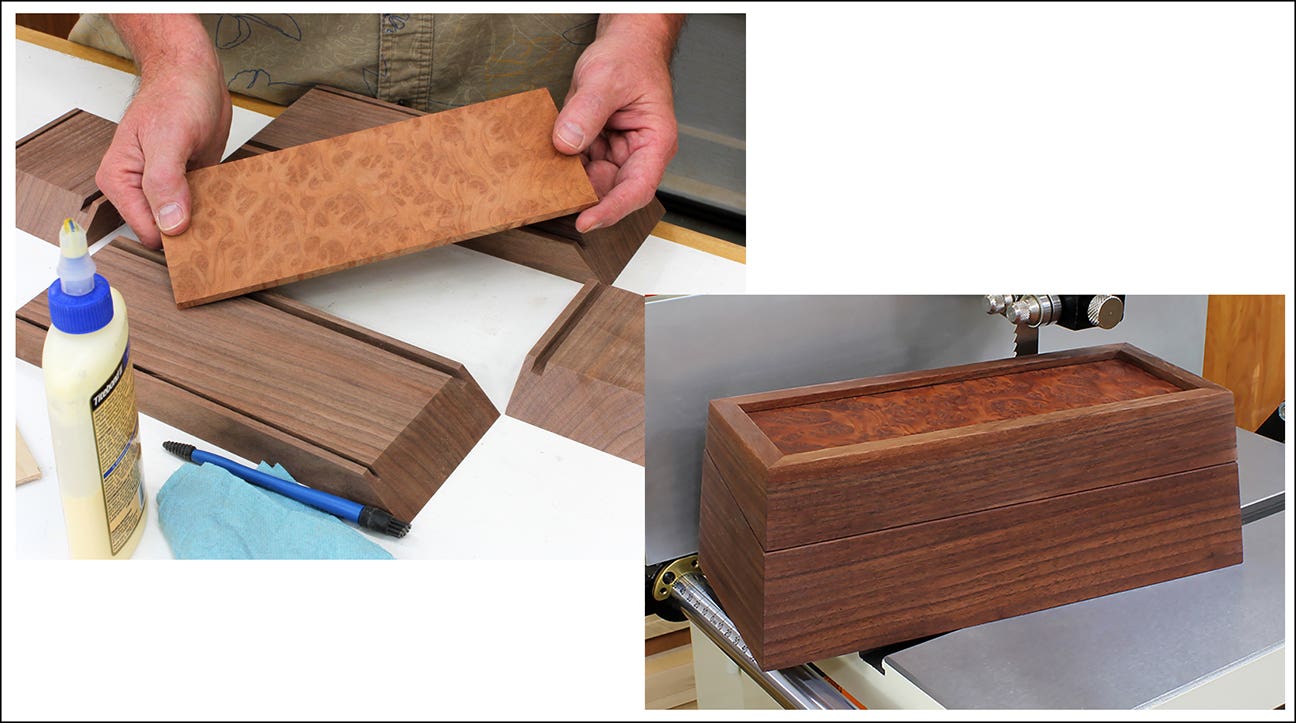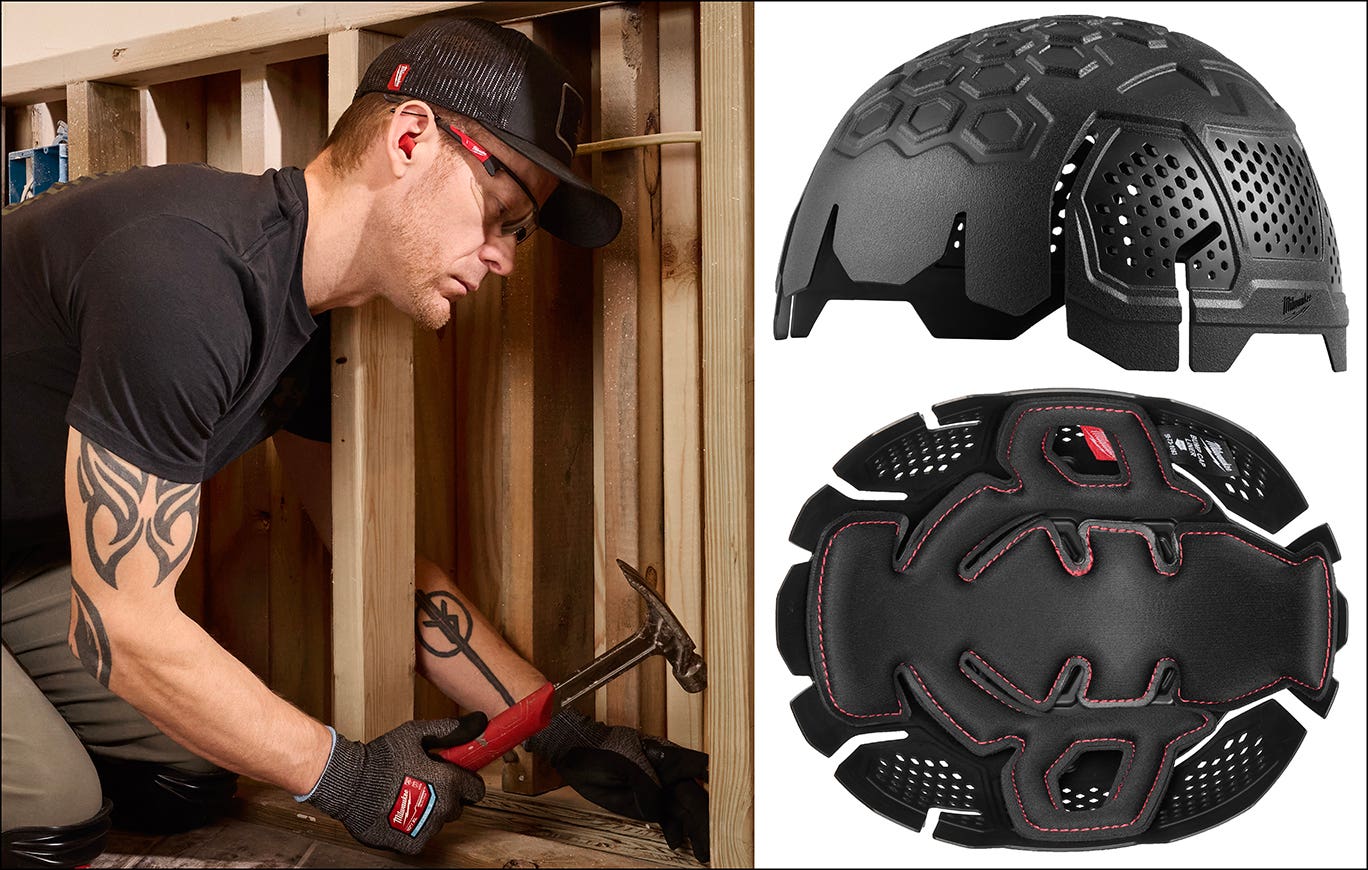Street-level stimulus would help shops
We need to find a way to fast-track some of the federal government’s handouts into the accounts of small businesses The world has changed. It’s not the first time and…
We need to find a way to fast-track some of the federal government’s handouts into the accounts of small businesses
The world has changed. It’s not the first time and it certainly will not be the last. This time the change is manifesting itself in the economy. And the change has been as dramatic as it has been sudden.
We have gone from an era of unprecedented growth and prosperity to something teetering on the edge of a depression. And it’s not just our economy that is teetering. With the extensive interdependence of the economies of virtually every country in the world, this economic crisis is worldwide. That means we can’t really do what we have done in the past and simply borrow our way out of it.
Most of us in custom woodworking fall into the small-business category. We have shops, not factories, and have a sufficient number of fingers upon which to count our employees. More often than not, we know every one of our customers by name. While some of us compete nationally, most of our products are sold locally or regionally. Very few of us export products to other countries.
During the last few decades, our numbers have diminished because of the ever-expanding global economy that has made it possible for a few large enterprises to have products made for a lower cost in other countries, and then sold at a lower cost here. Most of us have survived by catering to a high-end market that has been financially well-off enough to be able to pay us a premium to create objects that are a cut above those being made overseas. Just as a successful business person wants to drive a Mercedes or a BMW instead of a Ford or a Honda, they also want to be able to surround themselves with objects that bespeak their success. It’s because of the increasing number of these people, who are all looking for something special, that has allowed many of us to keep our doors open.
Poof, it’s gone
But it is this high-end market that is being hit hard by the current economic situation. Many of these clients have been depending on ever-upward spiraling housing prices that have allowed them to continually borrow against increasing equity. Or on ever-increasing stock values that have allowed them to earn extraordinary returns on relatively small investments. But with the stock market currently valued at little more than half of what it was two years ago, and with the bottom having dropped completely out from under the housing market, many — if not most — of these formerly financially secure people are wondering how they are going to keep their heads above water. Much of what they perceived as their net worth has simply evaporated.
For many custom-shop owners, this is an unnerving — if not a downright frightening — situation. With very few exceptions, we all have monthly overhead and expenses that must be met if we are to keep our shops open. Without the clientele that we have depended on to provide us with work, we are left with the grim possibility of having to try to compete with the mostly imported, mass-produced furniture and cabinetry that has saturated the market. As our high-end customers lower their sights and price point becomes more of a concern, these products begin to look more appealing.
During the last year we have heard the term “economic stimulus” so much that it has become a buzzword. And there is no question that we need some remedies. But the problem, as I see it, is that we seem to have the idea that injecting huge sums of money at the top levels of the economy are going to provide stimulus. From where I sit, this looks unlikely. What we really need is some way to fast-track working capital into the hands of small-business owners. The big corporations have demonstrated a basic inability to do anything beyond grow bigger. But they have reached a point where their very size has become a liability. They cannot move in any direction with any speed. They are cumbersome and sluggish.
Small businesses, on the other hand, are in exactly the opposite position. They are light on their feet, able to adapt to changing circumstances quickly and are, for the most part, run by people who are used to working under less-than-ideal conditions. The idea that we can inject millions or hundreds of millions or even billions into large corporations and expect that money to trickle down far enough, quickly enough is unrealistic.
An alternative approach
But imagine how much more effective this stimulus money would be if we put it into circulation at the small-business level. I could use my own shop as an example. I would not need billions or even millions. Put a few hundred thousand in my hands and, within a week, I could be buying new equipment, hiring some more guys, introducing a new line of furniture, maybe setting up a showroom/retail space. More taxes are being paid, people are going back to work, materials are being purchased, fees are being paid and supplies are being bought. Now multiply that over the millions of small businesses in this country that have managed to keep from being put under by big business and you have got some serious economic stimulus. And that stimulus is occurring at the street level where it is going to have the best chance of creating a truly sustainable new economy.
What we need instead of injections of vast sums of money into the top tiers of corporate America is a way to fast-track some of this stimulus money into the hands of small business. Unfortunately, to my knowledge, at this point there is no such plan. But we, as small business owners, need to start asking for one. I have already written letters to my representatives asking them to consider introducing such a plan.
I wish I could write a column that offered nuts-and-bolts solutions. But we are experiencing an unprecedented situation here and no one is really sure how to negotiate the path we are now on. One thing is certain, and that is that business as usual is not an option.
I am only one voice; just like I have only one vote. But I can take some time to write some letters and post some ideas on Web sites that might be read by my representatives. And maybe others will do the same. In my lifetime, many significant changes have come about because a lot of small voices combined into one big voice that became loud enough to make it impossible to ignore. I am completely convinced that solutions to the problems we are now experiencing are there to be found. We just need to look a little deeper for them.
David DeCristoforo is a designer/ maker of fine furniture, high-end cabinetry and architectural woodwork in Woodland, Calif. He also writes a blog, “This Business about Woodworking,” for Woodshop News at www.woodshopnews.com.
This article originally appeared in the June 2009 issue.
David DeCristoforo possesses an extensive resume as designer/maker of fine furniture, high-end cabinetry and architectural woodwork. His experience in professional woodworking spans a period of 35 years. For the past 20 years David DeCristoforo Design has been located in Woodland, California. During this time David's shop has ranged in scope from a "full on" cabinet production shop with as many as 15 employees to a small fine furniture and custom millwork shop, working with his son, David RBJ, a highly skilled maker in his own right.


